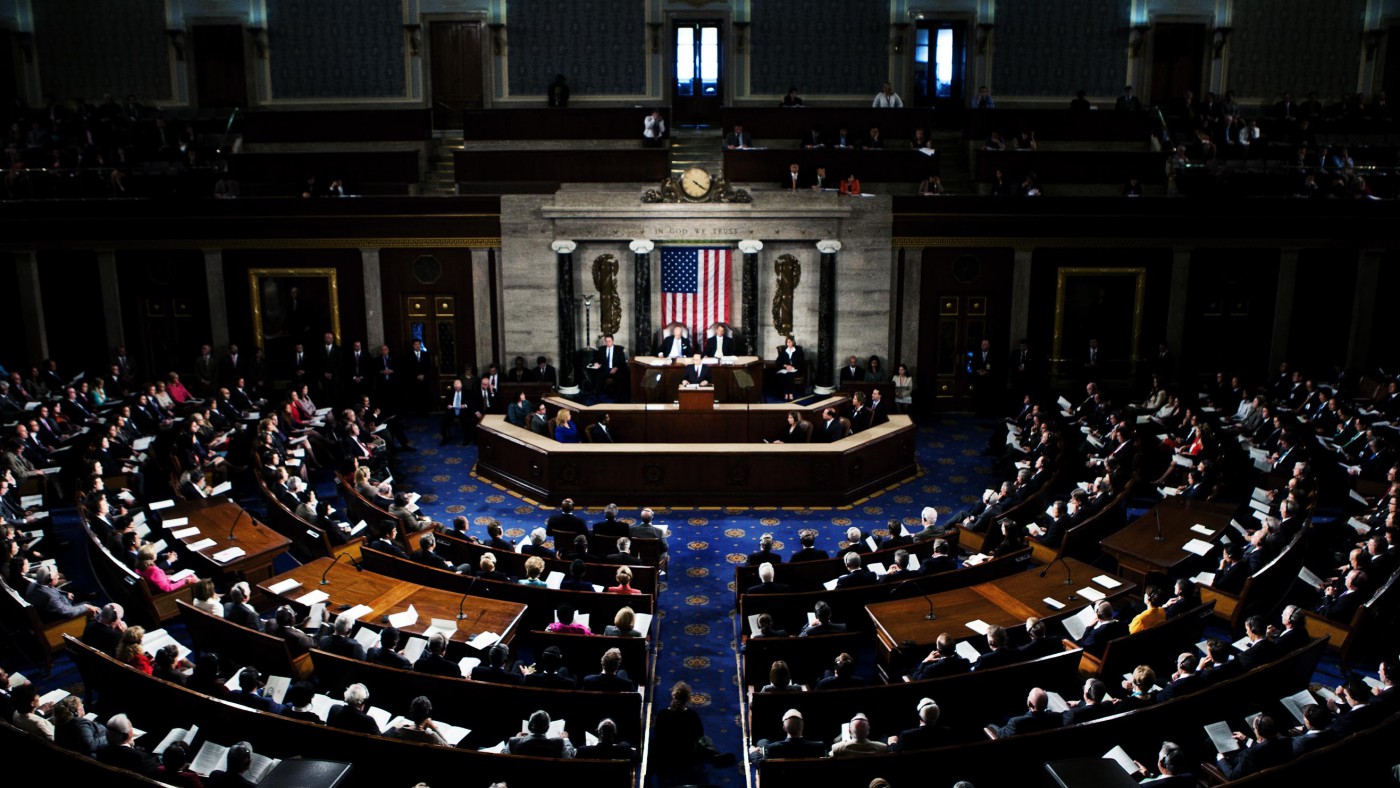As a classical liberal, there are few questions that call for a litmus test answer. Free trade is one of them. The principle of comparative advantage applies across national borders just as it applies within states. Any objection to free trade on the grounds that it hurts competitive industries, such as maple syrup producers in Quebec, should be kept off the table as a matter of first principle. The only types of limitations to free trade in the international arena deal with matters such as the export of sensitive military technology whose use may be rightly restricted within the United States as it is abroad.
If the intellectual case for free trade is clear, the political path towards its adoption is fraught with difficult strategic choices that arise in a world that often all too hostile to free trade. It is on these shoals that the current Trans-Pacific Partnership could easily founder. Last week, a new source of opposition to the current draft legislation has been raised—this time by Republicans, led by Mitch McConnell, who take exception to anticipated provisions that “carve out” American tobacco, so that its sale receives less protection than other goods that would move in international commerce under TPP.
The case set ups a huge battle over second-best economic policy. The way in which the TPP is structured, the final negotiations under the “fast track” process will receive only an up-or-down vote. That position is strictly necessary, for otherwise the multilateral negotiations will be shipwrecked by a set of last-minute concession that each nation will try to exact from its trading partners. One consequence of this fast track approach, however, is that inevitably the case-by-case lobbying starts taking place at an earlier stage in the process. Once someone gets wind—and leaks are to be expected—that certain ad hoc provisions will be added to the bill, it pays to mobilize then and there to head it off.
Exactly that has happened with tobacco. As a principled matter, Senator McConnell and his republican parties are absolutely correct that no general agreement should be riddled with special exceptions for particular product lines. It introduce it in one case, and the special pleaders will introduce it in another. If tobacco is in play as a separate line, it will not be long before fossil fuels could be subject to the same kind of ad hoc agreements. After all, it is well known that environmental groups are determine to kill any treat that they think will increase overall energy consumption, no matter how great the gains to human welfare that follow from their use.
McConnell, an old-hand at politics, knows that his talk is idle unless he can put together a group of supporters that could, when aligned—albeit for very different reasons—with labor and environmental democrats, could veto the arrangement, leaving everyone worse off than before. At this time, we no longer have an discussion about the benefits of free trade, but a game of political chicken in which the rest of the world is held hostage by the introduction of a single provision that should not be in the legislation at all. The first-best solution is for the administration to fight this proposal, by pointing out that nothing in the TPP will limit the ability of other nations to regulate the consumption of tobacco products within their own borders, just as the United States does today on everything from warnings, restrictions on sales to minors, and, yes, subsidies for tobacco growers. The world is not a tidy place, and it would be truly tragic if this last ditch maneuver is allowed to scuttle the TPP that others are all too eager to kill for other reasons. The objectors to the tobacco exception are correct, and one hopes that the U.S. negotiating team will push hard for a clean bill that removes this unnecessary obstacle. But this is politics, down and dirty, so who can say what the outcome will be.


